The Benefits of Using Hospital Management Software in 2024: A Guide for Healthcare Providers
Introduction:
In the ever-evolving healthcare landscape, integrating technology has become imperative for efficient and effective patient care. One such technological advancement that has revolutionized the healthcare industry is Hospital Management Software (HMS). As we enter 2024, healthcare providers increasingly turn to Hospital Management Software to streamline their operations, enhance patient care, and improve overall efficiency. In this comprehensive guide, we will explore the myriad benefits of using Hospital Management Software and why healthcare providers increasingly rely on this technology. Additionally, we will touch upon the role of a Hospital Management Software Development Company in shaping the future of healthcare technology.
Understanding Hospital Management Software:
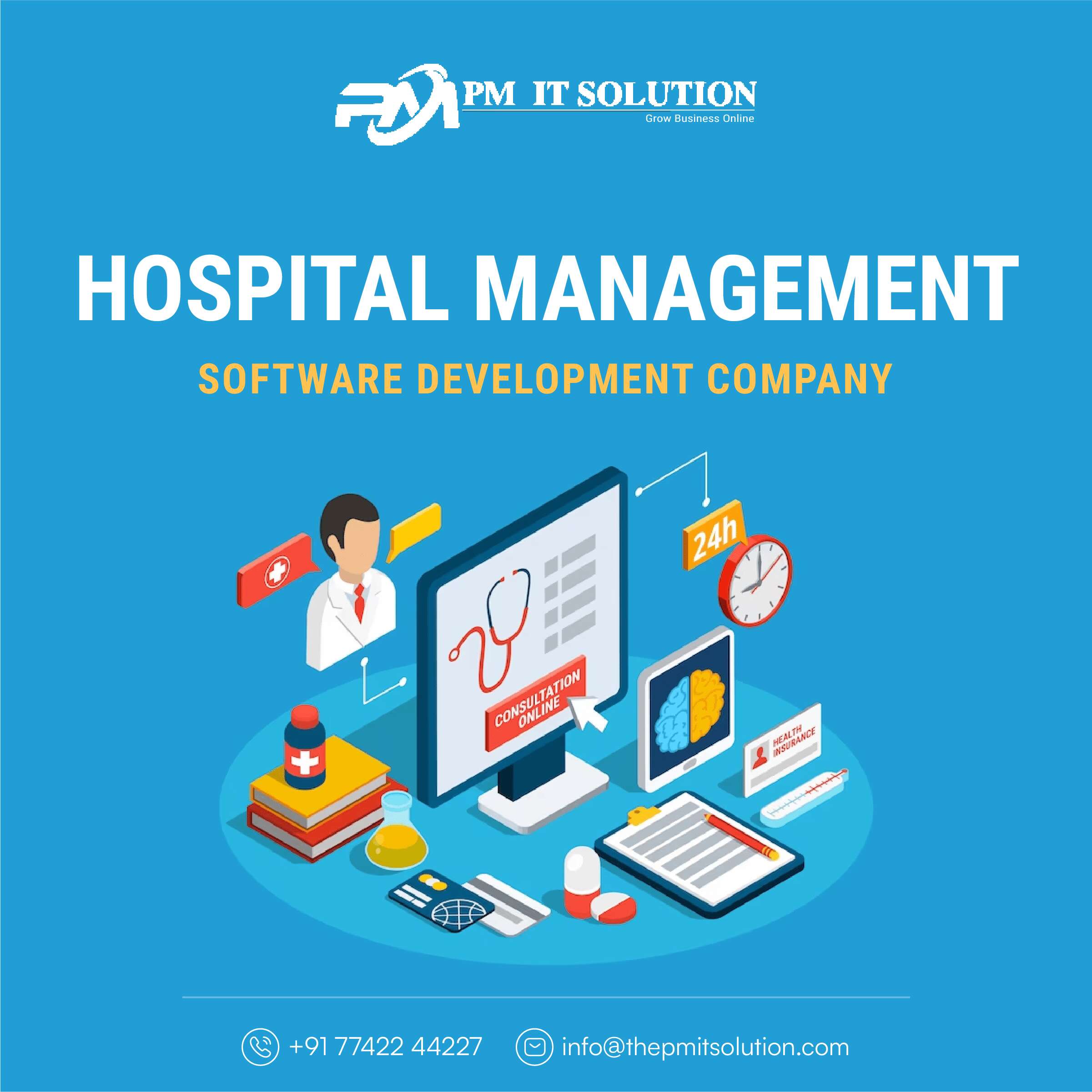
Hospital Management Software is a comprehensive solution that integrates various healthcare processes, including patient data management, appointment scheduling, billing, inventory management, and more. It acts as a centralized platform that facilitates seamless communication and collaboration among different departments within a healthcare institution. The software aims to enhance the overall efficiency of hospital operations while improving patient care and satisfaction.
Key Benefits of Hospital Management Software:
Efficient Patient Data Management:
Hospital Management Software simplifies the complex task of managing patient records. Digitalization of patient data ensures easy accessibility, reduces paperwork, and minimizes the risk of errors. Healthcare providers can quickly retrieve patient information, track medical histories, and make well-informed decisions, improving patient care.
Streamlined Appointment Scheduling:
Efficient appointment scheduling is crucial for the smooth functioning of a healthcare facility. Hospital Management Software allows for automated appointment scheduling, reducing the chances of overbooking or missed appointments. Patients can book appointments online, check availability, and receive automated reminders, leading to better time management for both healthcare providers and patients.
Integrated Billing and Financial Management:
The software streamlines billing by automating invoicing, insurance claims, and payment tracking. This ensures accurate and timely billing, reducing financial discrepancies and improving the overall financial health of the healthcare institution. Hospital administrators can generate real-time financial reports, enabling better financial planning and decision-making.
Inventory Management and Drug Traceability:
Maintaining an accurate inventory of medical supplies and medications is essential for healthcare providers. Hospital Management Software aids in inventory management, tracking the consumption of supplies, and ensuring optimal stock levels. Additionally, it facilitates drug traceability, helping healthcare institutions adhere to regulatory standards and ensure patient safety.
Enhanced Communication and Collaboration:
Hospital Management Software fosters seamless communication and collaboration among healthcare professionals, departments, and staff. The platform allows for sharing real-time information, test results, and treatment plans, leading to improved coordination and a more patient-centric approach to healthcare.
Data Security and Compliance:
With the increasing digitization of healthcare data, ensuring the security and privacy of patient information is paramount. Hospital Management Software incorporates robust security measures to protect sensitive data and ensures healthcare regulations and standards compliance. This safeguards patient information and builds trust among patients and stakeholders.
Improved Patient Engagement:
Hospital Management Software enhances patient engagement by providing online access to medical records, test results, and appointment schedules. This transparency empowers patients to actively participate in their healthcare journey, leading to better adherence to treatment plans and improved overall health outcomes.
The Role of a Hospital Management Software Development Company:
In the rapidly advancing field of healthcare technology, the role of a Hospital Management Software Development Company is pivotal. These specialized firms play a crucial role in shaping the features, functionalities, and overall capabilities of Hospital Management Software. Here are key aspects of their role:
Customized Solutions:
A Hospital Management Software Development Company tailors solutions to meet different healthcare institutions' unique needs and requirements. Customization ensures that the software aligns with a hospital or clinic's specific workflows and processes, maximizing its effectiveness.
Incorporating Emerging Technologies:
Hospital Management Software Development Companies are at the forefront of integrating emerging technologies such as artificial intelligence, machine learning, and blockchain into their solutions as technology evolves. These technologies enhance the software's capabilities, offering innovative solutions for healthcare providers.
User Training and Support:
Implementing new software in a healthcare setting requires proper user training to ensure seamless adoption. Hospital Management Software Development Companies provide training sessions for healthcare staff, ensuring they are proficient in using the software. Ongoing support and updates are also crucial for the smooth functioning of the software.
Ensuring Regulatory Compliance:
Healthcare is a highly regulated, and adherence to compliance standards is non-negotiable. Hospital Management Software Development Companies work diligently to ensure that their solutions comply with relevant healthcare regulations, safeguarding the integrity and security of patient data.
Scalability and Future-Proofing:
The healthcare landscape is dynamic, and Hospital Management Software needs to be scalable to accommodate the evolving needs of healthcare institutions. Development companies design software with scalability in mind, ensuring it can grow alongside the institution and adapt to future technological advancements.
Continuous Innovation:
Hospital Management Software Development Company are committed to continuous innovation. They actively seek feedback from healthcare providers, stay abreast of industry trends, and regularly update their software to incorporate new features and functionalities. This dedication to innovation ensures that healthcare providers have access to cutting-edge technology.
The Future of Hospital Management Software:
As we look ahead to the future, the role of Hospital Management Software in healthcare is only set to expand. The ongoing development and integration of artificial intelligence, machine learning, and other advanced technologies will further enhance the capabilities of these software solutions. Additionally, emphasizing interoperability will lead to greater connectivity between different healthcare systems, promoting a more integrated and patient-centric approach to healthcare delivery.
In conclusion, the benefits of using Hospital Management Software in 2024 are manifold. From efficient patient data management to streamlined appointment scheduling and enhanced collaboration, these software solutions have become indispensable for modern healthcare providers. The active involvement of Hospital Management Software Development Companies ensures that these solutions evolve in tandem with the changing needs of the healthcare industry. As we navigate the future of healthcare technology, Hospital Management Software stands as a cornerstone in the quest for improved patient care, operational efficiency, and overall excellence in healthcare delivery.



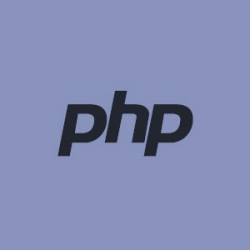


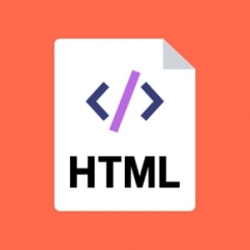

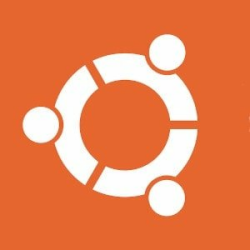
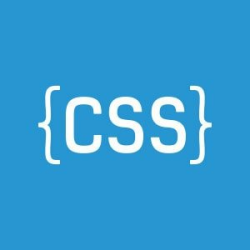

Please login or create new account to add your comment.